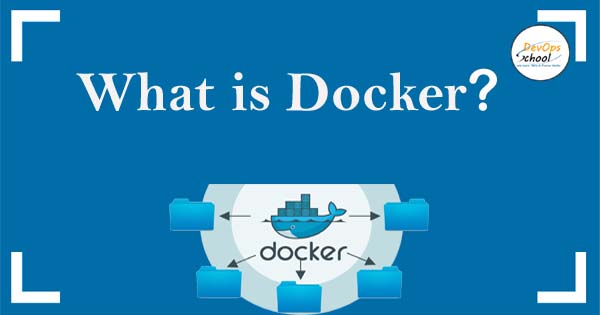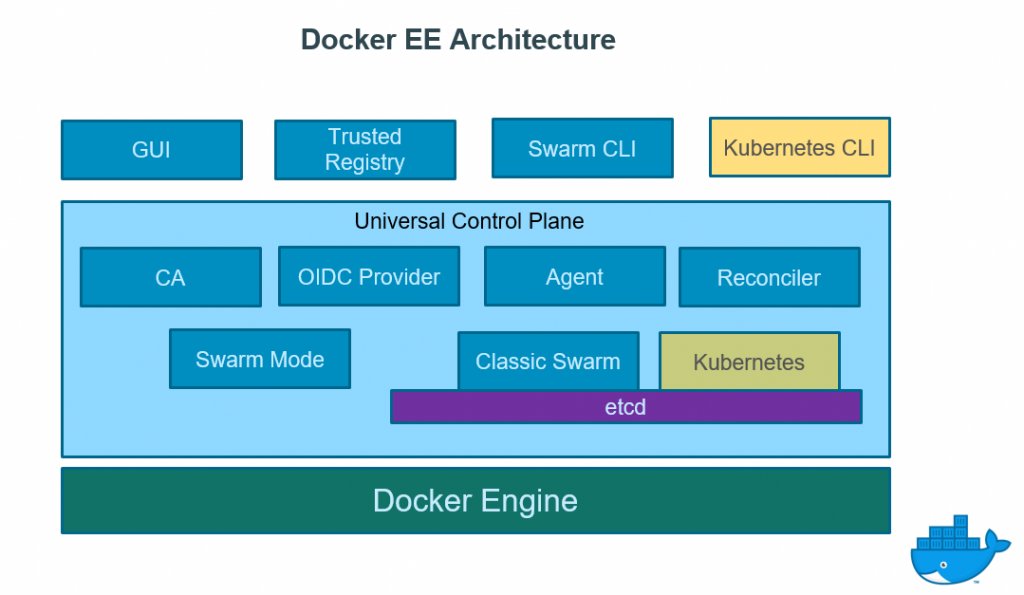
Docker, an open-source technology containerization tools that use OS-level virtualization to deliver software in packages called containers. Docker designed to make it easier to create, deploy, and run applications by using containers. Docker is so widely adopted and used isn’t just the darling of Linux powers such as Red Hat and Canonical. Proprietary software companies such as Oracle and Microsoft have also embraced Docker. Today, almost all IT and cloud companies have adopted Docker. With Docker, you can manage your infrastructure in the same ways you manage your applications.
Docker is one option among many, as defined by Open Container Initiative (OCI), an industry standards organization meant to encourage innovation whilst avoiding the danger of vendor lock-in. Thanks to the OCI, you have a choice when choosing a container toolchain, including Docker, OKD, Podman, rkt, OpenShift, and others. Docker is a tool that is designed to benefit both developers and system administrators, making it a part of many DevOps (developers + operations) toolchains.

Docker provides tooling and a platform to manage the lifecycle of your containers:
- Develop your application and its supporting components using containers.
- The container becomes the unit for distributing and testing your application.
- When you’re ready, deploy your application into your production environment, as a container or an orchestrated service. This works the same whether your production environment is a local data center, a cloud provider, or a hybrid of the two.
When use docker?
If your application fits into one or more of the following categories, Docker may be a good fit:
Basic use cases: Pulling images from Docker Hub is also a good solution if your application is basic or standard enough to work with a default Docker image. Cases such as hosting a website using a LAMP stack, using a reverse proxy, or setting up a Minecraft server often have an official or well-supported image available on DockerHub. If the default configuration in these images is acceptable for your needs, then pulling the image can save a lot of time that would otherwise be spent setting up your environment and installing the necessary tools.
Benefits of Docker
- Simplicity and Faster Configurations
- Solve all your security problems
- Continuous Integration
- Run applications as fast as a bare-metal serve
- Provide cross-platform compatibility
- Run applications with graphical interfaces
Multiple operating systems. Since Docker containers share the host computer’s operating system, if you want to run or test the same application on different operating systems, you will need to use virtual machines instead of Docker.
Docker Tutorials Fundamental To Advanced-2021 Crash Course:- https://bit.ly/3hOIbTB
- How to remove sensitive warning from ms office powerpoint - July 14, 2024
- AIOps and DevOps: A Powerful Duo for Modern IT Operations - July 14, 2024
- Leveraging DevOps and AI Together: Benefits and Synergies - July 14, 2024

